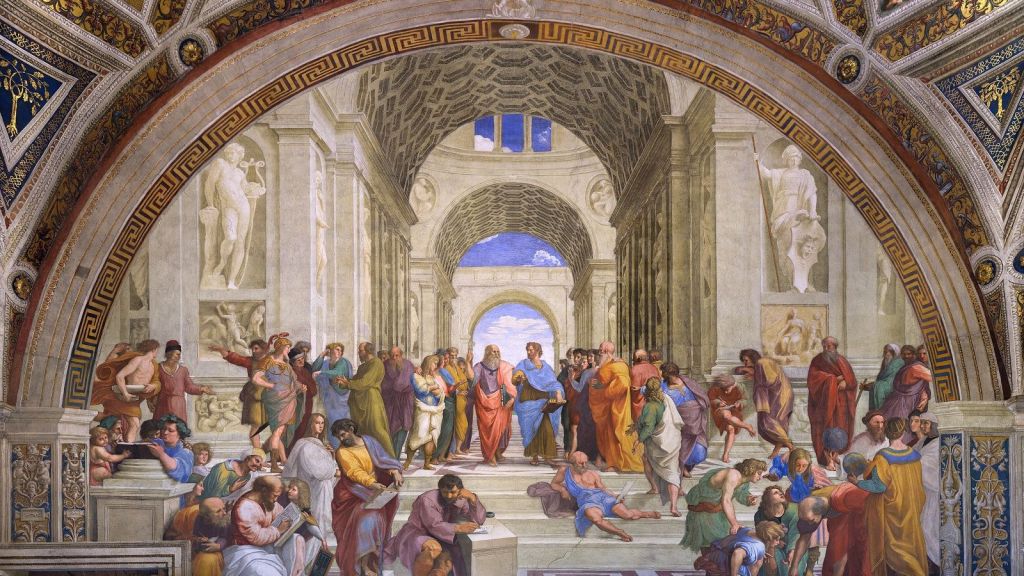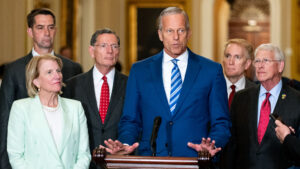“Uncover the Surprising Secrets Behind the Birth of American Democracy: 14 Facts That Will Change How You View History!”
11. The Electoral College


Instead of a direct popular vote, the founders created the Electoral College, a system where states choose electors based on their congressional representation. It was designed to balance power between populous and less populous states.
While the Electoral College remains controversial, it was an effort by the founders to safeguard the election process and ensure broader representation.
12. The Federalist Papers


Alexander Hamilton, James Madison, and John Jay wrote the Federalist Papers to convince people to support the new Constitution. These essays explained the reasoning behind the proposed government and addressed concerns about centralized power.
The papers are still studied for insights into the founders’ vision and remain a valuable source for understanding early American political philosophy.
13. Trial by Jury


The right to a fair trial by jury is another core element of American democracy, preventing the government from exercising unchecked power in legal matters. This right guarantees that peers, not just officials, determine justice.
Trial by jury empowers ordinary citizens and upholds fairness in the legal process, reflecting the founders’ belief in citizen involvement.
14. The Anti-Federalists


Not everyone supported the Constitution’s strong central government. Anti-Federalists feared it would overshadow states’ rights and individual freedoms. Their pushback led to the inclusion of the Bill of Rights.













